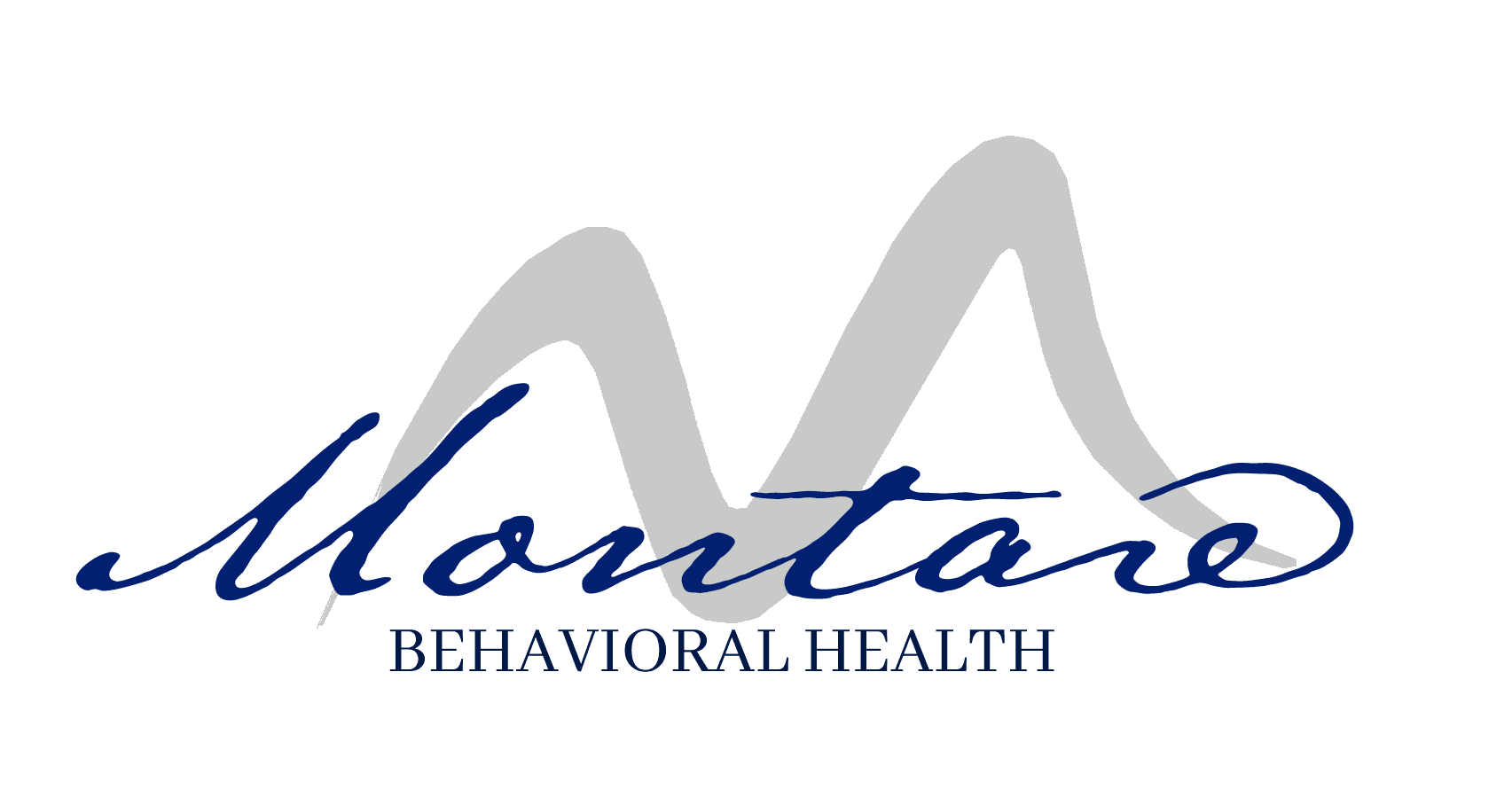Many mental health disorders are commonly known, but a lot of people aren’t familiar with high-conflict personality disorders. People with this type of mental illness often find it difficult to get along with others. As a result of their symptoms, they struggle to have healthy, lasting relationships and get along with others. Montare Outpatient offers a comprehensive program that can treat a high-conflict personality disorder. We use a combination of several types of therapy to help people understand their symptoms and improve them.
What is High-Conflict Personality Disorder?
A high-conflict personality disorder is a form of mental illness that causes people to have difficulty dealing with relationships and communicating with others in a healthy way. Those with this disorder often do not recognize that how they act, think, and feel causes distress to others. Additionally, they do not know how to regulate their emotions or when they should do so, which results in conflict with loved ones, at work, in school, and socially.
People with personality disorders usually start to show symptoms in their late teens or early 20s. They do not act out once in a while but rather as a regular behavioral pattern. The person typically does not recognize they have a diagnosable condition. As a result, they do not take responsibility for their behaviors and often escalate their anger when someone confronts them.
Symptoms of High-Conflict Personality Disorders
The symptoms of high-conflict personality disorder can be difficult to identify. They often overlap with the symptoms of borderline personality disorder and narcissistic personality disorder and can be mistaken for a person simply being difficult to get along with and overly dramatic. The individual seeks out or causes conflict and thrives on the results. They are quick to blame others for the conflict and do not sympathize with the other person or see the situation through their eyes.
People with high-conflict personality disorders tend to see things in black and white. Their way is right and anyone in disagreement is wrong. As a result, they often categorize people as “for them” or “against them”. Despite the person’s actions that push people away, they often feel a fear of abandonment. When antagonized, they often act out in anger, with impulsive words or actions, and sometimes paranoia. Despite appearing to have a huge ego, the person actually has low self-esteem and insecurities about themselves.
What Causes High-Conflict Personality Disorder?
Like with many mental health disorders, there isn’t one specific cause for someone developing a high-conflict personality disorder. Genetics may play a part because having a mental illness can run in a family. As well, someone with one type of mental illness such as anxiety or depression may also develop a high-conflict personality disorder. Experiencing a traumatic event or series of events can also contribute to developing a high-conflict personality disorder.
 How Can I Find Out if I Have High-Conflict Personality Disorder?
How Can I Find Out if I Have High-Conflict Personality Disorder?
To receive a diagnosis of a high-conflict personality disorder, a person should see a mental health professional. A psychiatrist, psychologist, or other mental health counselor will ask about the person’s symptoms, behaviors, and family history. The clinician may also administer a psychological test or questionnaire to help them make the correct diagnosis. A medical exam may be done to help rule out any contributing physical conditions.
How Can High-Conflict Personality Disorders Be Treated?
High-conflict personality disorders are treated by engaging in different types of therapy. While this disorder cannot be cured, using a multi-disciplinary treatment approach that includes attending more than one type of therapy helps a person minimize their symptoms. Treatment helps teach a person to recognize their behaviors and emotions from a rational standpoint and work to correct them.
A particularly effective type of therapy for high-conflict personality disorder is cognitive behavioral therapy (CBT). CBT helps people identify their negative and damaging thought patterns and behaviors. From there, they replace them with healthy ones so they can enjoy better relationships with others. If a person has experienced trauma, engaging in trauma-related therapies can help them explore their past and heal from the damage done.
Because high-conflict personality disorders often dramatically impact relationships with loved ones, family therapy can help a great deal. Family members come together under the guidance of a therapist to gain knowledge about their loved one’s condition and how to offer them effective help. In addition, the use of prescription medications can prove helpful for many. FDA-approved drugs help minimize many of the symptoms of high-conflict personality disorders.
Contact Our Montare Outpatient Treatment Center in Los Angeles, CA
Do you suspect you may have a high-conflict personality disorder or know someone who does? Our Montare Outpatient treatment center in Los Angeles, CA can provide a thorough assessment that enables you to understand your exact diagnosis. We employ a staff full of mental health experts who work hard to help you gain a real ability to improve your symptoms. We teach you healthy coping skills, ways to improve your relationships, and more. In addition, we provide access to prescription medications that can help minimize the symptoms of high-conflict personality disorder.
Contact us now if you would like to know more about how our outpatient programs work. We can design a schedule of therapy sessions built around your work, school, and personal obligations.

